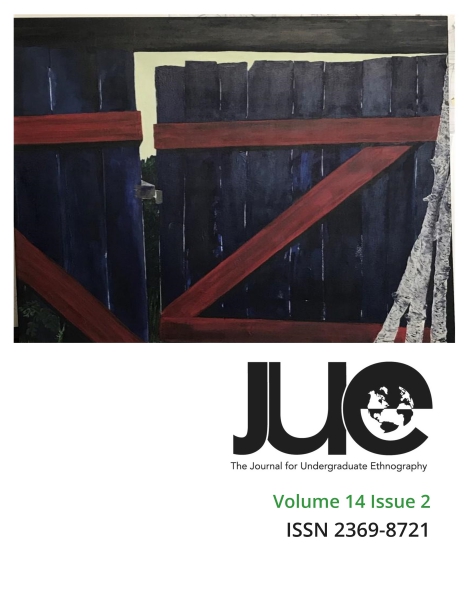Religion in a Time of Crisis: Pagan Experiences of Liminality and Communitas During the COVID-19 Pandemic in Calgary, Alberta
DOI:
https://doi.org/10.15273/jue.v14i2.12257Resumo
The COVID-19 pandemic disrupted social norms and positioned people within a prolonged space of liminality wherein individuals experienced danger, vulnerability, and freedom due to an existence without associated social rules or taboos. A liminal existence, in Victor Turner’s definition, means to be between social structure or to exist in a space of anti-structure—the middle stage of his explanation of the process of a religious/social rite of passage (1974). I argue that the COVID-19 pandemic represented an instance of Turner’s (1974; 1997) anti-structure and that the resulting sensation of crisis communitas was a form of healing for some religious practitioners and communities. To investigate this hypothesis, I worked with a group of Pagan women in Calgary, Alberta, to inquire about their perceived shifts in the self and their community during the pandemic. This research explores the social experience of the COVID-19 pandemic for religious communities—namely the associated danger within liminality; the stage where practitioners began to feel unsteady in their lack of structure and identity, and the lifting of the veil; where the sensation of communitas brought together the Pagan community to use magic and ritual as a form of healing during mass crisis.


